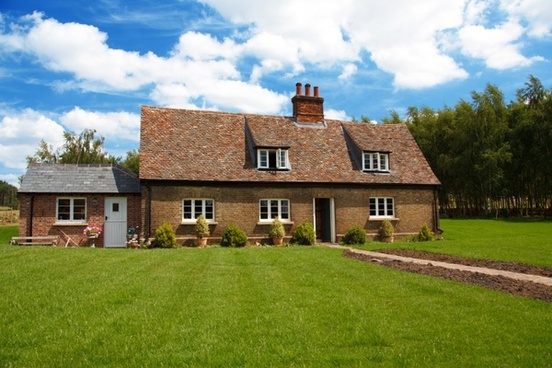SUITABILITY OF THE LIVING ACCOMMODATION Introduction

One
of the key aims of HMO licensing is to ensure that the accommodation provided
is safe, of good quality, and has sufficient facilities for the number of
occupants. This section sets out the factors which must be considered, together
with examples of physical standards which it is recommended that local
authorities apply in their assessment of living accommodation, on receipt of an
application and as part of their enforcement activity. Technical details
relating to the suggested standards are included in Annex A.
4.3.2 It should be noted that these standards are
intended to provide reference points to help local authorities determine
whether living accommodation in respect of which an HMO licence has been
applied for, or has been granted, is suitable (or remains suitable) for
occupation as an HMO. They should be
applied flexibly, with the local authority taking into account whatever
material it considers relevant in assessing the suitability of the
accommodation in accordance with section 131 of the 2006 Act.
4.3.3 Appropriate standards may vary, depending on
the circumstances of each case, and authorities should bear in mind the
possibility of achieving the same level of accommodation or safety through
different packages of measures. Licensing officers should always give
consideration to alternative approaches proposed by the owner. In adopting and
applying standards, licensing authorities should keep in mind the need to
achieve a suitable level of accommodation which is safe and secure without
placing a disproportionate burden on the owners of HMOs.
4.3.4 In general, local authorities should ensure
that all licence applications are treated equally and fairly, regardless of
whether the application is for accommodation which has not previously been
licensed, or which has had a licence for some time. However, a flexible approach should be taken;
in some cases, such as where an HMO has been operating with a licence for some
time, it may be considered suitable for a new licence even if it does not meet
certain of the standards which the authority would normally wish to apply to
new accommodation or accommodation which has not previously been licensed.
4.3.5 It may be appropriate for the local authority
to balance the likely expense of any work required and the contribution that it
would make to the safety of occupiers. This is a matter for the local authority
to determine what is appropriate or necessary in the context of a particular
case. For example it may consider that it is more proportionate to require
inexpensive work that contributes to occupier safety, such as installing a CO
detector, than expensive work that does not impact on occupier safety but may
improve facilities such as requiring additional kitchen or bathroom facilities
or electrical outlets, where the existing facilities are functioning and in
reasonable condition.
4.3.6 In such cases, authorities may still decide
to grant the licence, but may consider imposing licence conditions which would
enable the accommodation to be upgraded during the period of the licence. Some examples of circumstances in which this
might be desirable are included in the coverage
of individual standards below.











Post a Comment